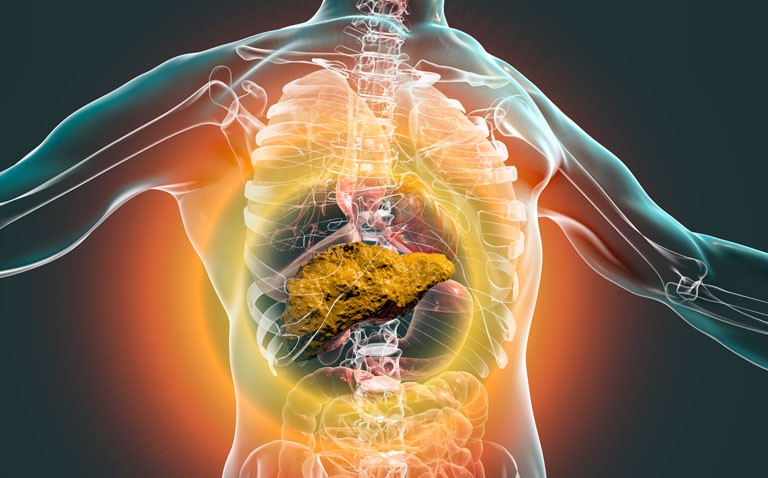Vaccinated patients with cirrhosis had a delayed and reduced protection against COVID-19 infection but avoided hospitalisation and death.
Cirrhosis patients are immunocompromised and thus susceptible to infections. In fact, bacterial infections occur in up to 34% of those with cirrhosis admitted to hospital. Furthermore, data have shown that cirrhosis patients have a reduced response to pneumococcal vaccination. Although recent consensus guidelines advocate the use of COVID-19 vaccines for patients with liver diseases such as cirrhosis, this is based on expert opinion rather than facts. In recognition of this lack of evidence, a team from the Division of Hepatology, Bruce W Carter Medical Centre, Miami, US, undertook a retrospective cohort study of patients with cirrhosis who had received at least one dose of a COVID-19 vaccine. Eligible participants were those with cirrhosis aged 18 years and older and who received either the BNT162b (Pfizer-BioNTech) or mRNA-1273 (Moderna) COVID-19 vaccines. The team propensity matched these individuals based on 5 categories: sex, ethnicity, duration of follow-up, co-morbidities, alcohol-associated liver disease and finally, the severity of their liver disease. The team defined the index date, as the date of vaccination and each participant was matched to a control. The primary outcome of interest was PCR-defined COVID-19 infection, 28 days after the first dose of either vaccine. The team used this cut-off because it was anticipated that the benefits of either vaccine should be apparent after this period of time. Secondary outcomes included hospitalisation because of COVID-19 or death, again within 28 days of the first vaccine dose.
Findings
The team propensity-matched 20,037 cirrhosis patients with an equal number of controls. Among the cirrhosis group, the mean age was 69.2 years (96.8% male) and the majority (59.5%) were of white ethnicity, with 58.4% having alcohol-associated cirrhosis. Following the first dose of either vaccine, a total of 83 cirrhosis patients and 105 in the control group developed COVID-19 infection. After the first 28 days, receipt of a single dose of either vaccine was associated with a 64.8% reduction in COVID-19 infections. In addition, 28 cirrhosis patients (versus 29 in the matched control group), developed COVID-19-related hospitalisation. However, after 28 days, none of those with cirrhosis were hospitalised compared to 3 in the control group.
Seven days after the second vaccination dose, there were only 3 cases of COVID-19 infection among cirrhosis patients but 15 in the control group. The authors calculated that full vaccination was associated with a 78.6% reduction in COVID-19 infections and none of the cirrhosis patients were subsequently hospitalised because of COVID-19. Comparing decompensated and compensated cirrhosis patients, there was a 50.3% and 66.8% respectively, reduction in COVID-19 infections. Equally, none of either patient group (i.e., decompensated or compensated cirrhosis) were hospitalised because of COVID-19.
The authors noted that while individuals with cirrhosis, especially those with decompensated disease are known to be hypo-responsive to several commonly used vaccines, the current data indicated that while a single vaccination was not associated with a reduction in COVID-19 infections, fully vaccinated individuals experienced a significant reduction in infection. In other words, the response among those with cirrhosis was delayed and reduced, indicating a lower benefit among this patient cohort.
Citation
John BV et al. Association of BNT162b2 mRNA and mRNA-1273 Vaccines With COVID-19 Infection and Hospitalisation Among Patients With Cirrhosis. JAMA Intern Med 2021










